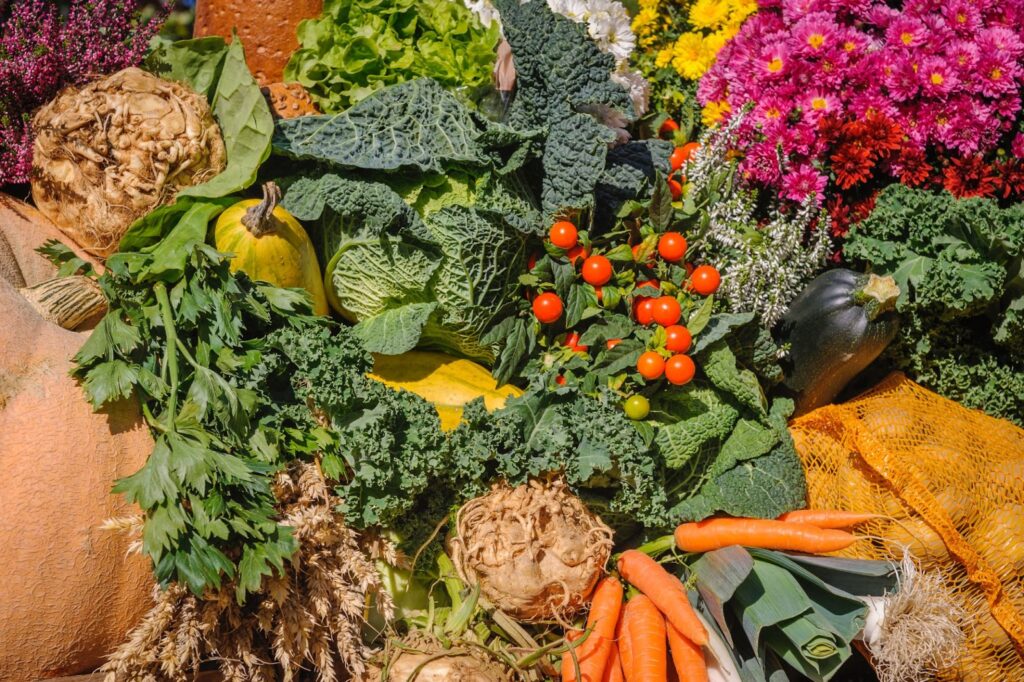In brief
- Labour is rumoured to be planning to remove GST from fruits and vegetables.
- The Māori Party policy is no GST on groceries.
- Experts, including Finance Minister Robertson previously, discourage the change as it will be costly to administer.
- Higher income families will see the most savings, and producers and stores may not pass on all they could.
It may not end up as Labour policy, but the pros and cons of GST on food is being widely discussed
Nicola Willis, National’s finance spokesperson, claims Labour will announce a policy to remove GST from fruits and vegetables.
Prime Minister Chris Hipkins has refused to comment and says Labour’s policy is forthcoming.
Te Pāti Māori have also announced their policy of removing GST from all food (not just fruits and vegetables).

Some argue it’s a good call politically, but the majority comment seems to be tinkering with GST is fraught with problems and doesn’t benefit consumers as much as it may first appear.
We acknowledge this isn’t currently Labour’s official policy, and may never be. Nonetheless, the discussion around removing GST is an interesting and lively one so it’s worth taking a look at what some people are saying.
A closer look at some issues around tinkering with GST
The GST system was designed to be as efficient as possible in terms of compliance. That’s why there’s no exemptions. Exemptions require costly administration.
The trade-off can also mean higher GST on the goods and services to make up for any shortfall.
Also, by Labour’s own admission, once you start tinkering with GST, how do you draw the line between what is and what is not exempt? Is an orange exempt, but not orange juice?
While the Te Pāti Māori proposal is to remove GST from all food and non-alcoholic beverages, it still presents issues. In discussing Te Pāti Māori’s approach, authors of a Deloitte article state:
“‘Food’ is defined consistently with the Food Act 2004, which is wide in interpretation. Additionally, it only removes GST from sales to consumers which would potentially exclude suppliers such as restaurants and supermarkets. This could result in supermarkets needing the ability to determine whether a customer is a consumer (no GST), or whether they’re a café/restaurant working picking up extra milk or eggs for the business (subject to GST at 15%).”
There’s also the problem of who will benefit from the savings.
When asked why New Zealand couldn’t emulate Australia’s move to remove GST from food items, National MP Judith Collins, a former Minister of Revenue, said Australia is in a different situation. She said it is much larger, more diversified, uses their natural resources and welcomes foreign business. Therefore, they are able to afford more expensive administration .





















